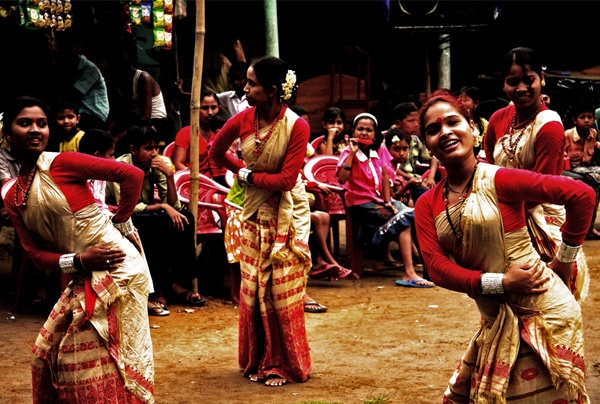Bihu is an inherent festival that is celebrated in Assam with much enthusiasm. This festival is classified into a set of three different festivals. Bohag Bihu or Rongali, Kati Bihu or Kongali, and Magh Bihu or Bhogali.
However, among these three festivals, Magh Bihu or Bhogali or Maghar Domahi is the most auspicious one, celebrated in the Hindu month of Magh (January) according to Bengali Panjika (Hindu astronomical almanac).
Significance of Magh Bihu festival:
The Magh Bihu festival is traditionally an imperative event in the region of Assam since this festival marks the end of harvesting season and also marks the shift in the Sun’s solstice.
Unlike the Sankranti celebration across India, the Bhogali Bihu festival is dedicated to the Hindu God of fire – Lord Agni.
Since the granaries are bounteous, the traditional celebration chiefly involves plenty of different feasting. Besides, these festivities commence a day before the principal festival, and the day preceding Bhogali Bihu is recognized as Uruka.
Rituals of Bhogali Bihu festival:
During the eve of this festivity day, the young man sneaks into the fields, preferably near the river, and builds a makeshift cottage. It is called Bhelaghar, with the hay and thatch discovered in the harvested terrain.
Despite this, during the entire Bhogali Bihu festival, the most important rite is lighting up a Meji, for instance, the Bonfire for the night. People spend the whole night around the Meji, dancing with the rhythm of folk songs or beating drums and feasting on various delicacies prepared of rice, vegetables, and meat.
Experience the traditional and ethnic celebration of North-east India – Bihu and gain prosperity for yourself.
Feature Image Credit: Pinterest.
